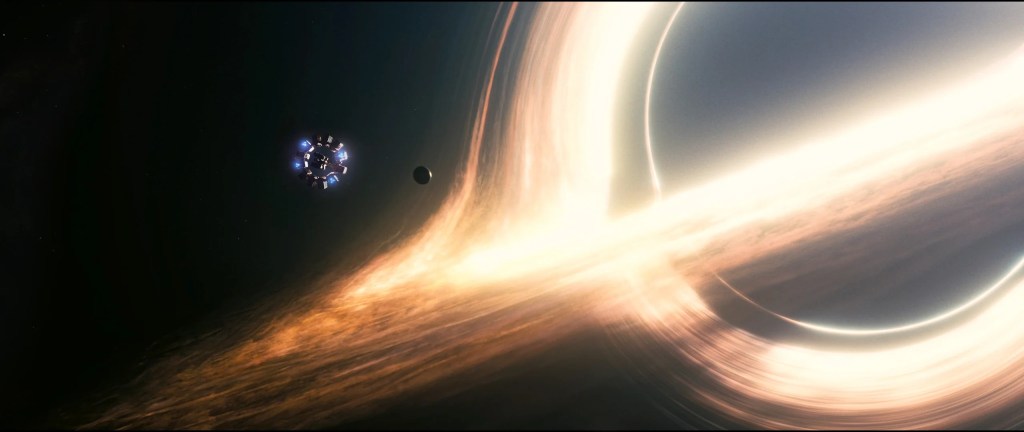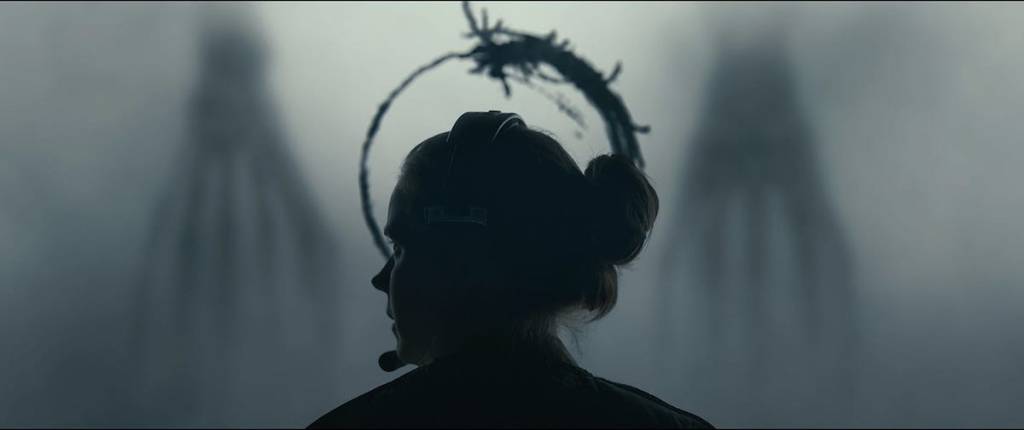Once again, the 2025 Oscar nominations were full of surprises, with Emilia Perez leading the way with 13 nominations, followed closely by The Brutalist and Wicked with 10 nominations each. What was not surprising, but instead disappointing, was the lack of nominations Dune: Part 2 received, especially compared to films like Emilia Perez, which achieved the highest record number of nominations for a non-English film, surpassing foreign films like Crouching Tiger, Hidden Dragon and Parasite. Even though this achievement for Emilia Perez is a significant moment for international films, it once again pointed out the neglect the sci-fi genre faces when it comes to awards, despite their critical acclaim and impact on cinema.
Videos by ComicBook.com
Dune: Part 2 only received five Oscar nominations, including Best Picture, but ironically excluding Denis Villeneuve for Best Director. For a film that made over $700 million at the box office, has an 8.5 rating on IMDb, and a 92% score on Rotten Tomatoes, receiving only five Oscar nominations seems unfair, especially when compared to other films that are so openly disliked by both critics and audiences alike. But this isn’t surprising, as it’s not the first time a sci-fi film has been greatly snubbed by the Academy. Despite the genre creating some of the biggest and most revolutionary films, it has always been overlooked in the awards department. From 2001: A Space Odyssey to Arrival, here are some unforgettable sci-fi Oscar snubs.
2001: A Space Odyssey

Perhaps the most infamous snub of a sci-fi film is Stanley Kubrick’s 2001: A Space Odyssey, an experience that is considered to be one of the greatest films in history. The cultural phenomenon that has and is still influencing films to this day only received 4 Oscar nominations: Best Director, Best Screenplay, Best Art Direction, and Best Visual Effects. Deservedly winning one of these – Best Visual Effects – the film didn’t even receive a Best Picture nomination. Famous for its scientific accuracy, the film explored many themes like human evolution, technology, A.I., and aliens.
Instead of focusing on an original music score, Kubrick chose to use classical songs with limited dialogue, relying on music combined with visually breathtaking scenes to make them impactful. It’s important to note that the film didn’t use any CGI, relying only on practical effects. It can be said that the film was initially hard to appreciate when first released because it was such an unconventional film, but it can also be said that the decision to overlook and downplay the film by the Academy means that awards don’t always measure true greatness, and 2001 perfectly proves that by becoming one of the most influential films of all time.
Interstellar

Another shocking snub that’s hard to get over is Christopher Nolan’s Interstellar. Despite being considered one of the greatest sci-fi films of the 21st century, the film received five nominations, but not in the Best Picture or Best Director categories. Once again, a sci-fi film that was hailed by critics and audiences alike was ignored by the Academy. Making over $700 million at the box office, the film has been widely compared to Kubrick’s 2001. It was also highly praised for its scientific accuracy, especially with its depiction of black holes and wormholes. Not to forget the stunning scenes of the planets, especially the black hole “Gargantua.”
Interstellar’s story was incredibly emotional, delivering a stunning yet emotional film. Being able to move the audience with the story while staying loyal to the sci-fi elements was truly done so well. The film wasn’t just a visual achievement, it took on many complex ideas like time travel, special relativity, and time dilation while also not forgetting human emotions, like love into the story. It portrayed a love that was able to transcend time and space. Accompanied by Hans Zimmer’s iconic score, the film secured its place among the best sci-fi films but the only Oscar the film won out of the five nominations was for Best Visual Effects.
[RELATED: Dune’s Josh Brolin Doubles Down on Quitting Acting After Oscar Snub]
Arrival

Director Denis Villeneuve’s Arrival was another film that suffered from the Academy’s bias. Even though the film received eight nominations, including Best Picture, it was ironically excluded from the Best Director category. This is important to note because it doesn’t make sense to nominate a film for Best Picture while ignoring the director’s vision and talent. Villeneuve took a non-linear approach to the film, challenging conventional storytelling to give us a perspective from the aliens. This really kept the audience on edge, making us question how we perceive time and memory throughout the film.
Arrival was able to produce something that is rare to see in sci-fi, which enabled it to connect not only with sci-fi fans, but also with a larger audience base. Instead of the classic deadly invasions of aliens, we watched as humans tried to connect and understand aliens in a civilized way. The film incorporated cooperation and empathy between us and the unknown, despite a complete communication barrier. It’s also important to note that, amid all this, we saw an amazing portrayal of grief and loss through Amy Adams’s performance as Dr. Banks. In the end, it’s through her emotions and empathy that they are able to establish a connection with the aliens. Despite this approach, Villeneuve’s oversight by the Academy was disappointing.
The Matrix

Probably one of the most famous sci-fi films is the Matrix franchise, directed by the Wachowskis, the film revolutionized not only the sci-fi genre but also the action genre, setting new standards for innovation and storytelling. It earned over $400 million on a budget of $63 million, and even though it dominated the technical categories at the Oscars, winning Best Visual Effects, Best Film Editing, Best Sound, and Best Sound Editing, the film wasn’t recognized for its remarkable ability to tell a story by combining so many themes in the sci-fi genre, missing out on Best Picture and Best Director nominations.
The film not only revolutionized the genre, it revolutionized filmmaking, too, with the use of “bullet time,” a visual effect technique that slowed down the action sequence while the camera moved at a normal speed. This effect has since become a prominent technique in modern cinema. With its more philosophical and spiritual approach to sci-fi, the film opened the genre for more inclusion. There have been countless cultural impacts, from the famous bullet scene to unforgettable dialogue, which has become embedded in popular culture. But once again, the Academy ignored the critical and box office success of the film, showing this by excluding it from the two most deserved nominations: Best Picture and Best Director.








